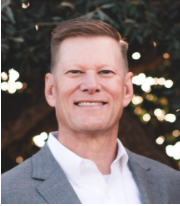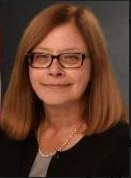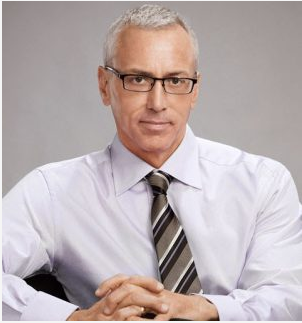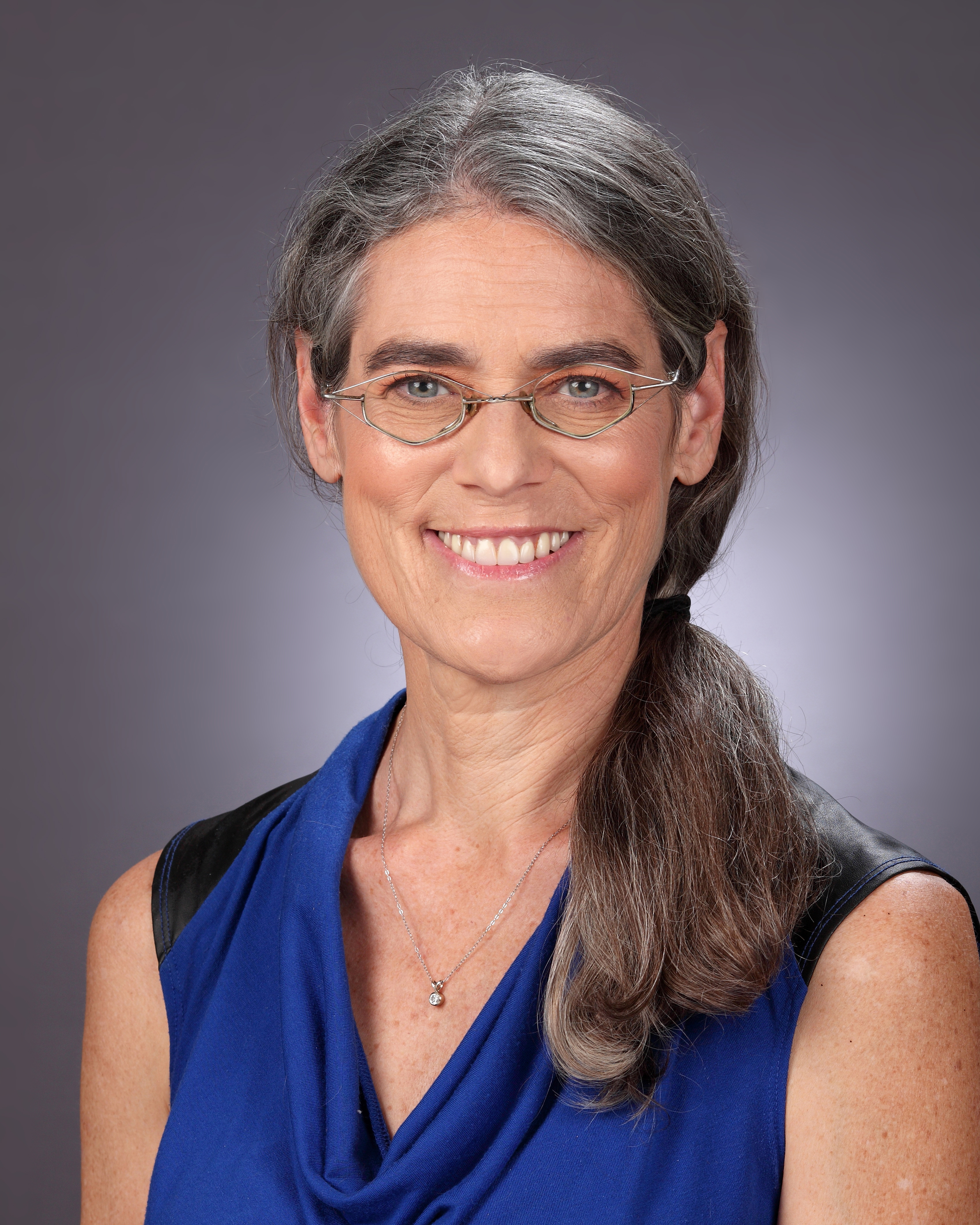February 4th, 2021 at 4pm ET / 3pm CT
Event Recording Now Available!

Paul Webster: HUD Senior Policy Expert
Paul Webster is a policy professional and advocate who has served the public and private sectors at the local, state, and national levels. He is passionate about finding solutions and helping improve the lives of people.
Paul has expertise in the issues of homelessness, mental illness, workforce development, poverty alleviation, substance abuse and recovery, and housing. Paul has experience in policy development and analysis, federal programmatic and regulatory reform, issues-advocacy, and community outreach. He has spearheaded organizational change, national and regional campaigns, and efforts to reform local, state, and federal legislation.
Paul most recently worked as a Senior Policy Advisor in the United States Department of Housing and Urban Development, with a specific focus on homelessness assistance programs and the agency’s response to COVID-19 within those programs. Paul’s work history includes more than twelve years of serving in the United States House of Representatives as a legislative and issues manager for several Members of Congress. He has served in the California State Legislature as the District Director for an Assembly Member and Senator. Paul was the Vice President of Public Policy for the San Diego Regional Chamber of Commerce representing the business and policy interests of regional business leaders.
Prior to joining HUD, Paul served as the Vice President for Solutions for Change, an organization dedicated to permanently solving family homelessness in north San Diego county.
Paul received a Bachelor’s Degree in Communication from California State University, Long Beach and a Master’s Degree in Public Policy from the University of Southern California. Paul lives in north San Diego County and is an avid woodworker, cyclist, and outrigger paddler.

Dr. Elinore McCance-Katz: First HHS Assistant Secretary
Over SAMSHA
Elinore McCance-Katz, MD, PhD was the first Assistant Secretary for Mental Health and Substance Use and served from 2017-2021. In that role, she advised the Secretary for Health and Human Services on mental health and substance misuse issues facing the American people and led the Substance Abuse and Mental Health Services Administration. She obtained her PhD from Yale University in Infectious Disease Epidemiology and is a graduate of the University of Connecticut School of Medicine. She is board certified in General Psychiatry and in Addiction Psychiatry. She is a Distinguished Fellow of the American Academy of Addiction Psychiatry with more than 30 years as a clinician, teacher, and clinical researcher. Prior to returning to federal service at the Department of Health and Human Services, she served as the Chief Medical Officer for the Rhode Island Department of Behavioral Healthcare, Developmental Disabilities and Hospitals. She was also Professor of Psychiatry and Human Behavior at Brown University. From 2013-2015, she served as the first Chief Medical Officer for SAMHSA. During her tenure at SAMHSA, she focused on the implementation of evidence-based care and increasing access to community recovery supports for those living with serious mental illness and substance use disorders. She plans to continue advocacy in these areas with her return to private life.

Drew Pinsky, M.D.: Practicing Physician/Media Host
Drew Pinsky, M.D.is a practicing physician, Board Certified in Internal Medicine, and Board Certified in Addiction Medicine who spent most of his career working in a psychiatric hospital.
“Dr Drew”, as he is commonly known in his role as a radio show host and in media, is passionate about the homeless crisis in L.A. County that impacts his psychiatric patients:
“I’ve done this work for thirty years and I never thought I would see my patients dying in the streets. I am morally uncomfortable that I live in a state where this is allowed to go on.” In December 2019, Dr. Drew spoke at the White House Summit on homelessness, drug abuse, and gave a concise history of the systemic mistakes that led to the United States’ mental health crisis. At the summit, President Trump announced increases in funding to address the mental illness to stem back the homelessness and incarceration pipeline.
He explains from the book, American Psychosis, how psychiatrist Dr. Robert Felix, who had spent one summer working in a state mental hospital, influenced President Kennedy to close all state mental hospitals in favor of community health centers. This continued on through several administrations and by the time Ronald Reagan became Governor of California, half the state hospitals had been closed. Due to the total failure of the community centers, which were designed to prevent mental health “problems” with no directive on treating psychiatric disorders, Reagan had them closed.
Pinsky, who believes the majority of schizophrenics are now on the street says, “Because there were no provisions or plans in place, patients were pouring out of the hospitals by the hundreds of thousands and were going to the nursing homes, prisons and the streets to die.
”One of the many things Pinsky talks about are the “resistant cases,” the transients who refuse services, shelter and treatment. He believes these cases represent about sixty to eighty-five percent of the homeless population, and one of the biggest reasons for this is anosognosia, a condition in which the person is unaware of having a disability. This deficit in self-awareness, which blocks the brain to a person’s insight, affects patients with dementia, stroke, psychiatric illnesses and drug addiction. Check out the following piece he wrote earlier this year, The Only Plan to End Homelessness:
‘If you’re not motivating people to get better, you’re condemning them to die’
Janet Hays, Host
Janet Hays, human rights advocate, is the founder and director of Healing Minds NOLA – a nonprofit organization dedicated to exploring and creating alternatives to incarceration, homelessness and death for people with neuropsychiatric disorders. Through partnership building and collaboration, Ms. Hays leads her community on initiatives to remove legal barriers to treatment and care for serious mental illness. Current efforts include co-chairing an “Alternatives to Jail” criminal justice group, assisting parishes with implementing Louisiana’s under-utilized assisted outpatient treatment (AOT) law, educational seminars, state and federal policy work.

